Google is the ultimate go-to place whenever we want to look up something. Unfortunately, most users blindly follow Google leads and believe the answers they get. However, amongst the 3.5 billion searches per day, few believe that Google does not share the relevant information you want every time.
Yes, you read that right- Google is not always right. As hard as you may find it to believe, the results Google pops out from your search can be a perception or a vision of a particular content generator. Therefore, the answers you get from Google don't have to be always from experts or authentic sources.
But, the question is, how would you know if Google is always right or not?
Worry not; we have got you covered.
Keep reading to learn how to scoop out authentic and correct information from the ocean of content Google generates.
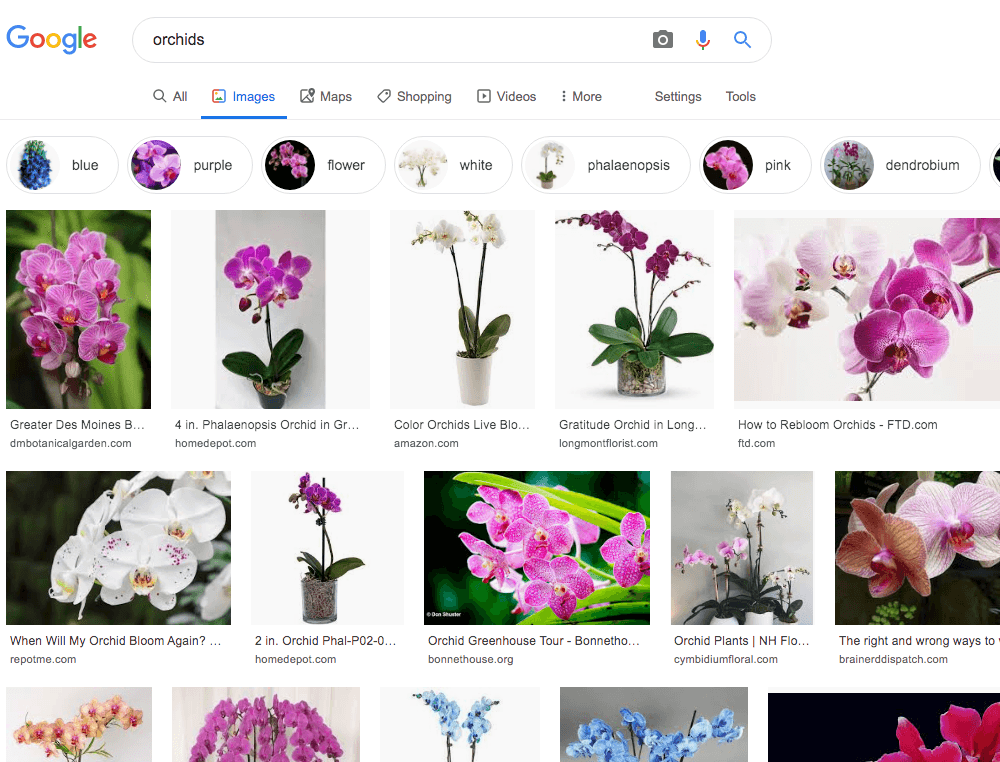
From medical advice to their current health-related issues, online shopping, diet plans, and ways to become a millionaire, people use Google in their day-to-day life to search about anything and everything.
You can get a million or even more results for one particular thing that you type on the Google search bar. Apart from using the search engine, Google follows you everywhere. Ever wondered why suddenly you start seeing ads for the desired things you talked about a while ago or liked in a post on Facebook or Instagram? We will tell you why.
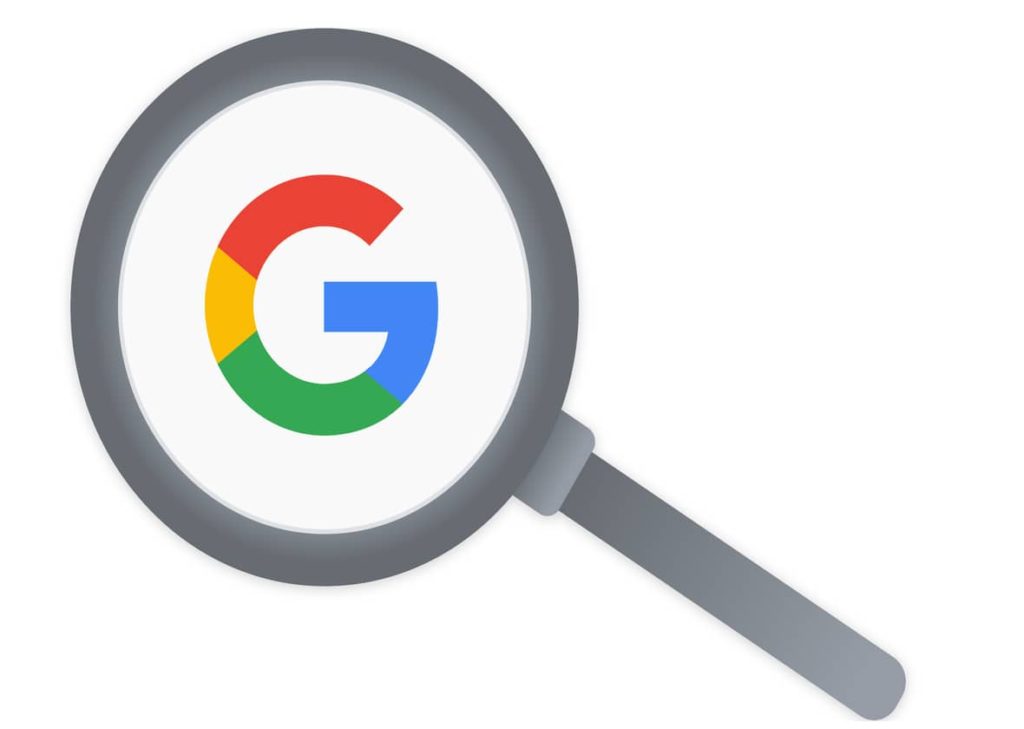
If you possess a Google account, Google will follow you on all the social platforms that include every search on a Google home page, Google apps such as Google Maps, Google mails, Google calendar, and different Google Search engines.
Google pays billions of dollars to mobile companies to gather tracking data about all the customers. This data is used by your Google account to pop relevant ads to your screen that can navigate authentic searches.
However, to inquire about the authenticity of these ads is solely your responsibility. There are platforms with a history of internet trolls and fake news, such as 4chan, but this site was featured in Google's "Top Stories" list despite its reputation. This proves that Google shows us results related to our search but is not 100% accurate.
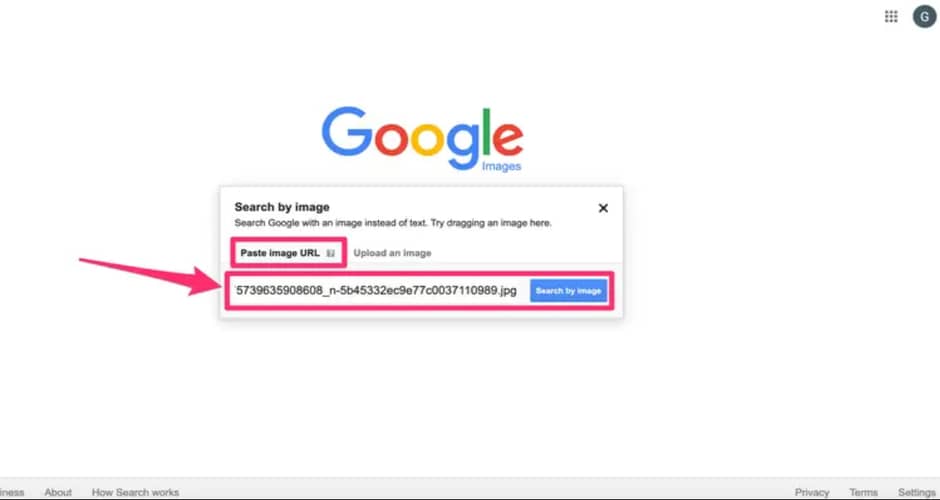
To enlighten the souls that think Google always presents facts, here's what Google executive said," We are not a truth engine." Google does not serve as our answering bot or our artificial intelligence-filled bot. It also does not possess any personal information, it only guides you to the sources that can match the answers to your query, and these answers vary from source to source.
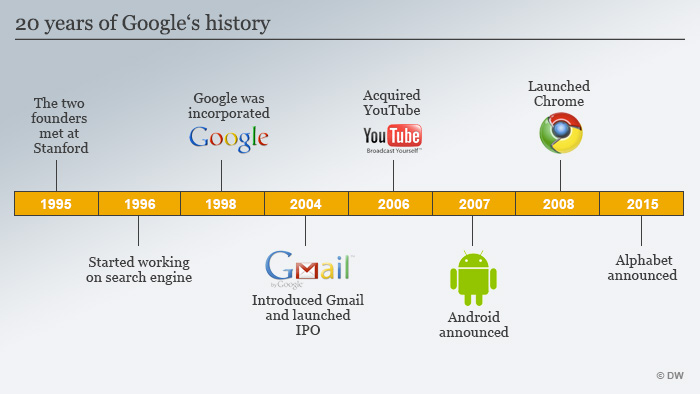
Larry Page and Sergey Brin, two Stanford students, worked day and night to launch Google as a search engine in 1997. They viewed and investigated Google as a method by which one can search any information over the internet.
Google worth $400 Billion already since its launch day. It has evolved far more than a simple search engine. Currently, you can mail, watch videos, navigate, read news, translate languages; even google has produced google docs, google sheets, google slides, google forms that can be used instead of Microsoft office.
With Google Docs, you can produce content online that can not be lost with computer malfunction or human errors. With billions of users, Google manages billions of searches in a day, becoming the most popular search engine over the internet today.
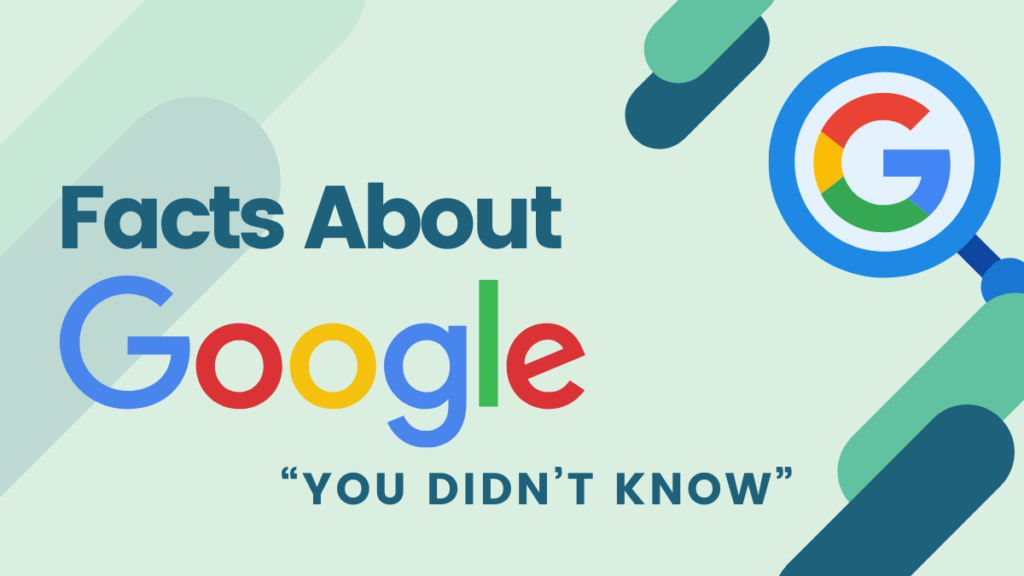
There is no denying that Google is an easy-to-use, highly effective search engine for people with numerous benefits. Even if Google is not always right, it is still the most used search engine today.
Here are some facts about Google that still acclaim its authenticity, even if the leads generated can be, at times, wrong:
According to one of the Google executives, every piece of information on Google is not true. Therefore, you can not say that the answers given by Google are facts.
Even though most of the time Google is right, sometimes there are some glitches in the results provided by Google that can be detected by professionals only. But unfortunately, the non-professional audience easily believes in all the information provided by Google.
The Word "Google " is added to our dictionary as a noun or a verb due to its utilization, but the people using it are unaware of the limits of Google. You can not site Google as a source, as it does not produce web content of its own; we mostly use it as a source that connects us to various sources.
Google earns by advertising industry by selling them spots on websites and posting ads on the search results page. In addition, Google is responsible for ads on both non- Google webpages and Google's webpages.
Google generates huge advertising revenue through these ads. Google possesses almost all the companies to generate an online advertisement. Recode reported that Google earned $73.8 billion in digital ad revenue in July 2017.
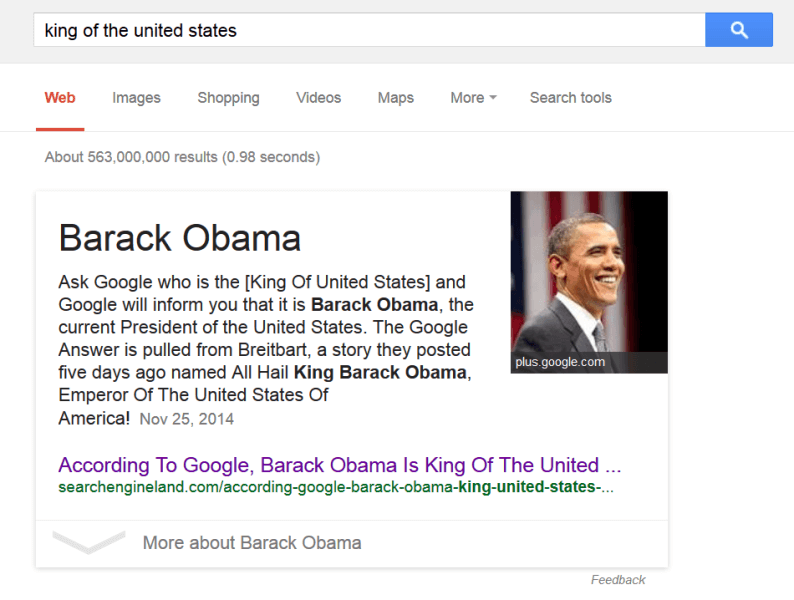
Google plays smart and safe, and it couples features that are easy to use with its huge market share. Due to this feature, the large and small businesses get the credibility to advertise more efficiently.
Google target their users with relevant keywords, and there is no privacy policy by using which you can ban these ads. Therefore whatever you search their data records each and every search of yours and post ads accordingly. These Google ads or PPC (paid per click) campaigns have become an integral part of content marketing for every kind and size of business.
Google allows businesses to advertise locally and internationally according to their fairs; Google has made advance targeting easy to use and gives additional suggestions for relevant keywords they can choose to post their ads on.
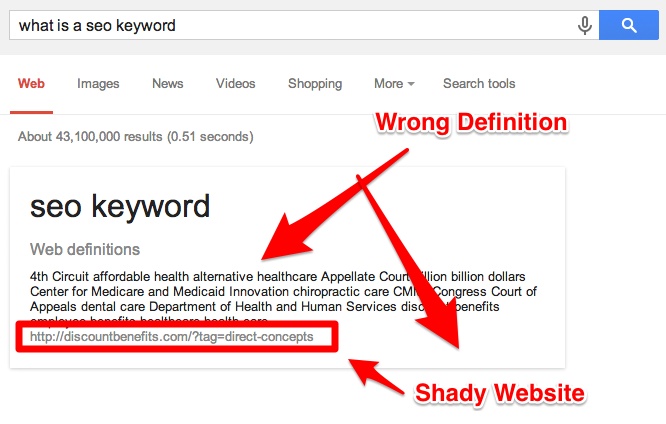
Currently, Google does not have any motivation to perform better these ginormous industries often respond to widespread public behavior or advertisers' pressure.
Big companies like Google negatively impact our society. People should be educated about their secret agenda of earning revenue without any ethical boundaries; we can stop using Google, but we should stop believing in everything it presents as a divine word.
People must be educated about the effects these companies have on our society. Fact-checking and credibility assessing techniques should be known to all Internet users so they can identify the misinformation that pops up on Google searches.
Despite the downside of Google, it remains one of the most common and popularly used search engines that provides free and easy access to content.
Using the right keywords, you can reach the desired results and find diverse content, including creative content, commercial content, conservative content, or community content.
Google does not take the responsibility to provide you with the exact or even correct information you need. Instead, Google has made it clear that it only serves as a freeway that connects two different sources to its users without reassuring them that its users are landing on a safe spot or not.
So, it is up to you whether you blindly trust the information provided by Google, or analyze the facts and figures, recheck every information before reacting to it.
Google may not always be right, but it is still the most reliable search engine you can use daily.